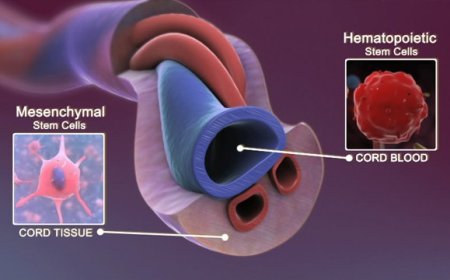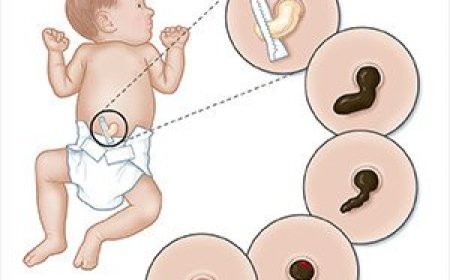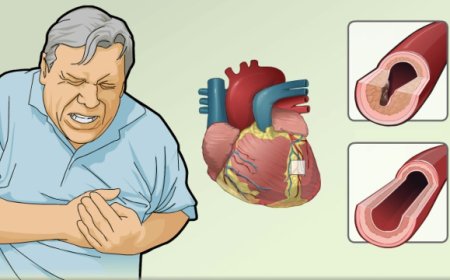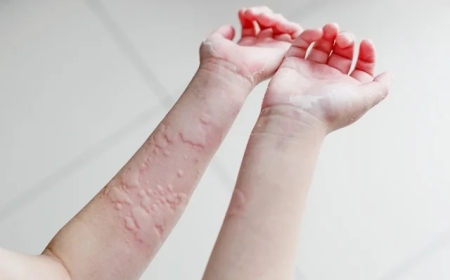Wheezing
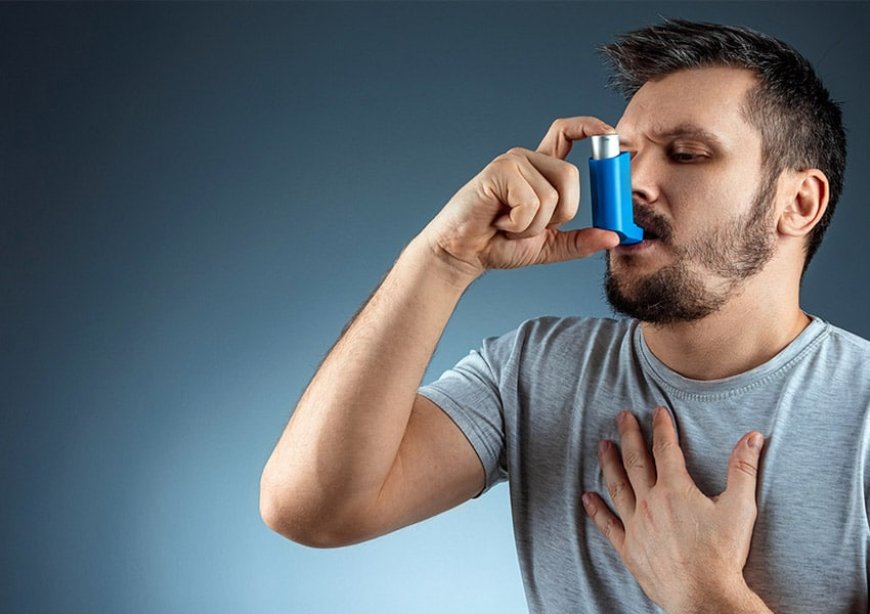
introduction:
Have you ever heard a whistling sound when you breathe? It's like a tiny flute playing inside your chest. This sound is called wheezing. Wheezing is a common problem that affects many people in India and around the world. Let's learn more about wheezing, its causes, symptoms, and how it can be treated.
What is Wheezing?
Wheezing is a high-pitched, musical sound that happens when you breathe. It is often heard when you exhale, but it can also be heard during inhalation. This sound occurs because the airways in your lungs are narrowed or blocked, making it difficult for the air to pass through smoothly.
Signs and Symptoms:
When you have wheezing, you may experience the following symptoms:
- Whistling or musical sound when breathing.
- Shortness of breath or difficulty breathing.
- Coughing, especially at night or early in the morning.
- Tightness in the chest.
How is Wheezing Classified?
Wheezing can be classified into two main types:
-
Acute Wheezing: This type of wheezing appears suddenly and usually lasts for a short time. It can be caused by infections like a common cold, bronchitis, or pneumonia.
-
Chronic Wheezing: Chronic wheezing is a long-term condition that may last for weeks, months, or even years. Conditions like asthma or chronic obstructive pulmonary disease (COPD) can lead to chronic wheezing.
Causes and Triggers:
Wheezing can have various causes and triggers. Some common ones include:
-
Asthma: A condition where the airways become inflamed and narrowed, making breathing difficult.
-
Allergies: Certain allergens like dust mites, pollen, or pet dander can trigger wheezing in some people.
-
Respiratory Infections: Viral or bacterial infections can lead to acute wheezing, especially in children.
-
Exposure to Irritants: Smoke, strong odors, or pollution can irritate the airways and cause wheezing.
-
Exercise: Some people experience exercise-induced wheezing, especially during intense physical activity.
Risk Factors with Examples:
Certain factors can increase the risk of developing wheezing:
-
Family History: If your parents or siblings have asthma or allergies, you might be at a higher risk of wheezing.
-
Smoking: Breathing in cigarette smoke can damage your lungs and lead to wheezing.
-
Environmental Factors: Living in a polluted area can increase the risk of respiratory problems, including wheezing.
-
Seasonal Changes: Some people experience more wheezing during specific seasons, like spring when pollen levels are high.
Types of Wheezing:
-
Inspiratory Wheeze: This type of wheezing is heard when you breathe in and can indicate a problem with your upper airways.
-
Expiratory Wheeze: It occurs when you breathe out and is more commonly associated with issues in the lower airways, like asthma.
Diagnostic Tests and Treatments:
When you have wheezing, your doctor may perform the following tests to determine the cause and provide the right treatment:
-
Spirometry: This simple test measures how much air you can breathe in and out and how quickly. It helps diagnose asthma and other lung conditions.
-
Chest X-ray: This imaging test provides pictures of your lungs and helps identify any abnormalities.
-
Allergy Tests: If allergies are suspected, skin or blood tests can pinpoint the specific allergens causing wheezing.
Treatments:
The treatment for wheezing depends on the underlying cause. It may include:
-
Bronchodilators: Medicines that relax the muscles around the airways, making it easier to breathe.
-
Anti-inflammatory Medications: These reduce inflammation in the airways and help prevent wheezing.
-
Allergy Medications: If allergies are causing wheezing, antihistamines or allergy shots may be prescribed.
Complications and Prevention:
If wheezing is not treated promptly, it can lead to complications like respiratory infections or severe asthma attacks. To prevent wheezing:
-
Avoid Triggers: Stay away from smoke, strong smells, and allergens that can trigger wheezing.
-
Maintain Good Hygiene: Wash your hands frequently to prevent respiratory infections.
-
Manage Allergies and Asthma: Take your prescribed medications and follow your doctor's advice to keep your airways healthy.
if you ever experience wheezing or breathing difficulties, don't hesitate to talk to your parents or a doctor. With the right care, wheezing can be managed, and you can breathe freely once again!
What's Your Reaction?
 Like
0
Like
0
 Dislike
0
Dislike
0
 Love
0
Love
0
 Funny
0
Funny
0
 Angry
0
Angry
0
 Sad
0
Sad
0
 Wow
0
Wow
0


























































